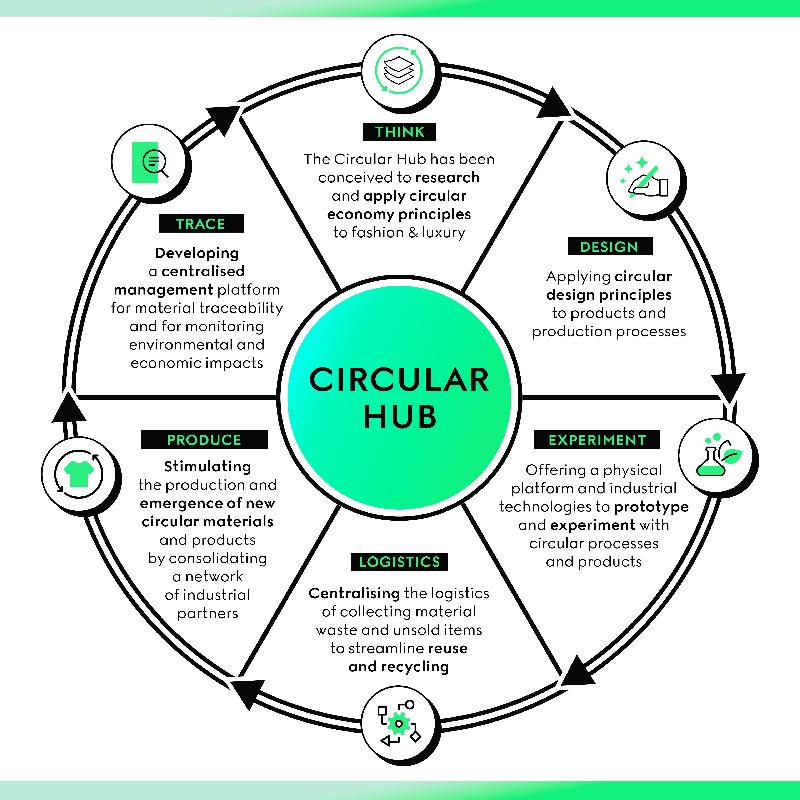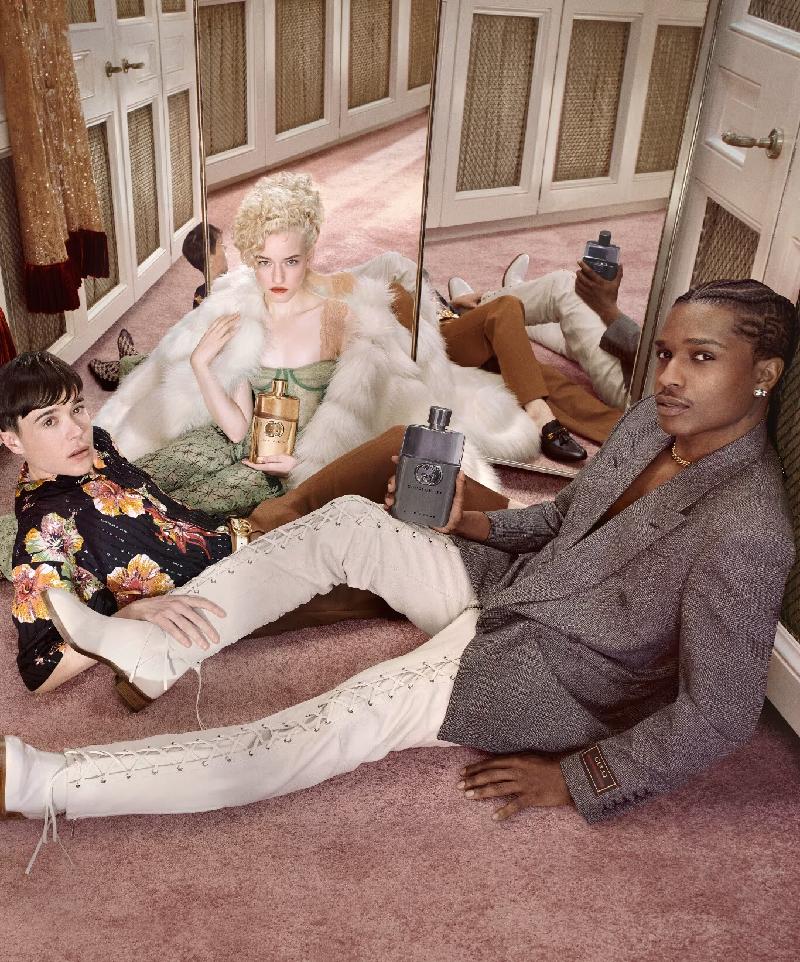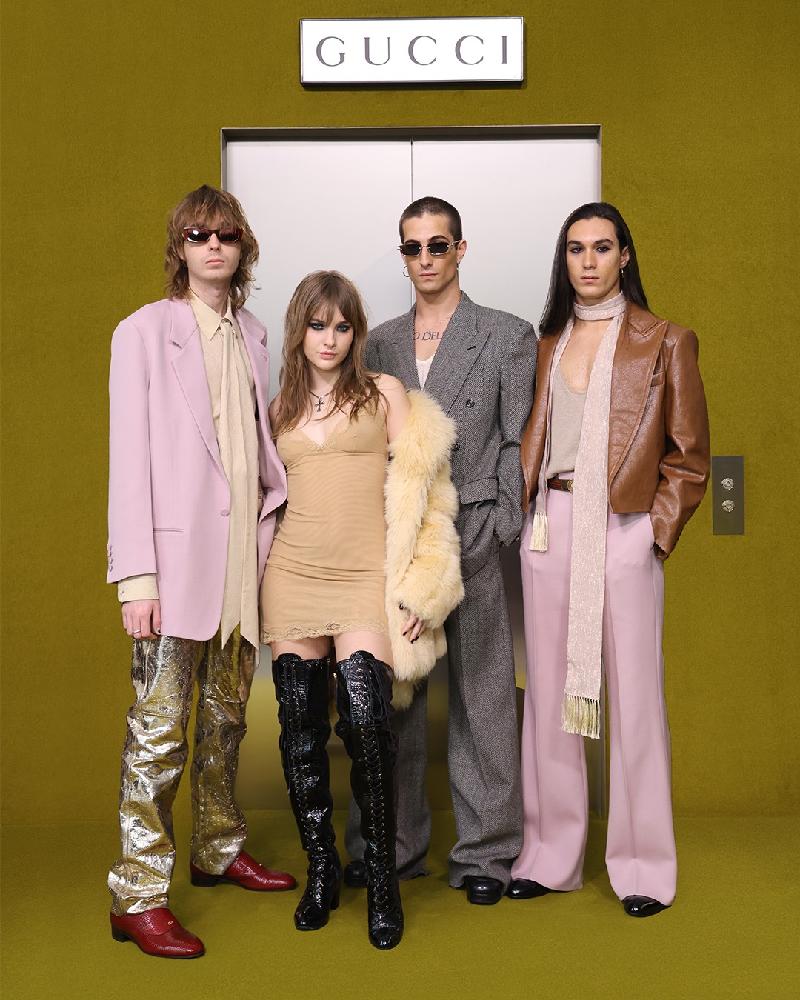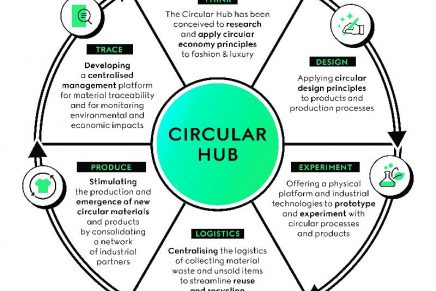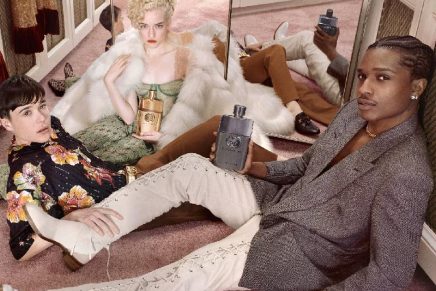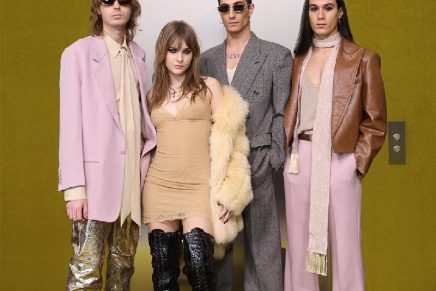The new Gucci Hub will foster breakthrough innovation to accelerate the circular transformation of luxury fashion.
The fashion industry needs to accelerate and launch serious actions to catalyze deep change, rethinking the way we produce and use resources as well.
Gucci, with support of its perent luxury group Kering, announced the launch of the first hub for circular luxury in Italy. The “Circular Hub” will aim to accelerate the circular transformation of the Italian fashion industry’s production model, through the redefinition of the entire value chain. Starting from raw materials and design, through to production optimisation and logistics, the Circular Hub will be an open innovation platform for the design and manufacturing of circular products and the scouting of new solutions.
The Circular Hub will support the creation of circular luxury products of the future – products that maximise the use of recycled materials, durability, repairability, and recyclability. The hub is fully aligned with Italy’s PNNR (National Recovery and Resilience Plan), and the circular economy strategy underpinned by the EU’s proposal to achieve the 2030 emissions reduction targets.
Located in Tuscany, the hub will see the involvement of Kering’s facilities, starting with Gucci’s production sites, its Italian-based raw material suppliers, and finished products manufacturers (comprising more than 700 direct suppliers and 3,500 sub-suppliers). The hub’s activities will then be extended to Kering’s other brands and eventually become open to the entire sector.
The creation of our Circular Hub represents a milestone that goes in this direction. I am extremely pleased that the hub will see the light in Italy, home of some the Group’s strongest and most renowned production hubs and know-how,” commented Marie-Claire Daveu, Chief Sustainability and Institutional Affairs Officer at Kering. “Joining forces with Gucci for the Circular Hub not only is a testament of collective conviction within the Group, but also an ambitious example to pave the way for other players who will be happy to join in the future, in an open-source perspective”.
“Circularity promotes a vision that involves the entire production cycle starting from raw materials: it presents a great challenge and an opportunity to make Made in Italy even stronger and more competitive,” commented Antonella Centra, Executive Vice President, General Counsel, Corporate Affairs & Sustainability at Gucci.
“With the launch of the Circular Hub we will have the responsibility and above all the framework in place to create a pathway for the luxury industry of the future. By sharing the same objectives and pooling resources, know-how and synergies, the hub will enable the entire luxury supply chain and especially the small and medium-sized enterprises – the beating heart of our country’s industry – to play an active role, with the innovative spirit that makes Italian know-how unique in the world.”
Beginning in the first half of 2023, the initiative will draw on the expertise of the Kering Material Innovation Lab (MIL) in Milan, with the support of technicians and product researchers for apparel, leather goods, footwear, and accessories from Gucci’s centres of industrial craftsmanship and experimentation in Scandicci and Novara. The Circular Hub will also draw on support from industrial partners and a science-led collaboration with the Scuola Superiore Sant’Anna di Pisa, which will focus on industrial research and the scouting of circular solutions, including operational and logistics models.
An open and modular innovation system
The Circular Hub’s activities will focus mainly on the following areas:
Research and Development: creating a dedicated research centre where the most innovative technological and digital solutions will be studied to promote circular principles. The centre’s activities will aim to improve product quality, durability, repairability and recyclability, while also optimising transformation processes and the use of raw materials, to minimize waste and pollution leading to significant reductions of environmental impacts overall;
Logistics: the hub will support traceability by involving the manufacturing supply chain and it will also increase logistics efficiency for material leftovers, including distribution channels for recycling and reuse;
Industrial partnerships: collaborating with industrial partners to conceive, design and implement technological solutions and infrastructure to enable textiles and raw materials to be recovered and regenerated for reuse in manufacturing;
Value sharing: developing recovery, recycling and reuse processes that will be integrated into Gucci’s supply chain in the initial phase, whereby the associated patents, techniques and know-how will then be made available to other companies. The objective is to involve an increasing number of suppliers and industrial partners in an open innovation context.
Environmental and system benefits
The new Circular Hub’s goal is to have a positive impact on the luxury fashion industry across several key areas. Starting from the promotion of shared research on circular materials to the innovation of the local regions’ industrial facilities, the hub will facilitate the development of new local supply channels and ultimately aim to consolidate the supply chain. Due to its distinctive positioning within the luxury sector and the circular economy, the hub will also promote the development of a “circular Made in Italy” which will contribute to minimising the environmental and social impacts of Italian manufacturing and raw material supply chains through economies of scale and purpose.
In line with ESG goals, the hub will improve Kering’s and Gucci’s environmental performance, promoting the use of fewer natural resources, minimising waste and pollution, and reducing greenhouse gas (GHG) emissions, while creating employment opportunities and contributing to the well-being of each region involved. As an example, an initial estimate of the hub’s environmental impacts associated with Gucci’s leather goods ecosystem shows that it will be possible to reduce up to 60% of the GHG emissions currently generated in managing production waste.
The hub is a forerunner of the new production models that will come into force through European regulations in the coming years, increasing a company’s responsibility for product design, end-of-life and waste. It is complementary to the activities that will be carried out by the Re.Crea consortium, coordinated by the National Chamber of Italian Fashion for waste management and the promotion of innovation in recycling, which Gucci supports. Additionally, in view of Gucci’s role as a Strategic Partner of the Ellen MacArthur Foundation, the hub is a direct consequence of the House’s membership and commitment to expand on its many initiatives to further scale up and accelerate circularity across its collections.
Given the hub’s relevance for the region, and alignment with Italy’s PNNR, the initiative has been submitted to the Ministry of Enterprise and Made in Italy to receive funding part of the Agreements for Innovation, aimed at encouraging research and development projects.

